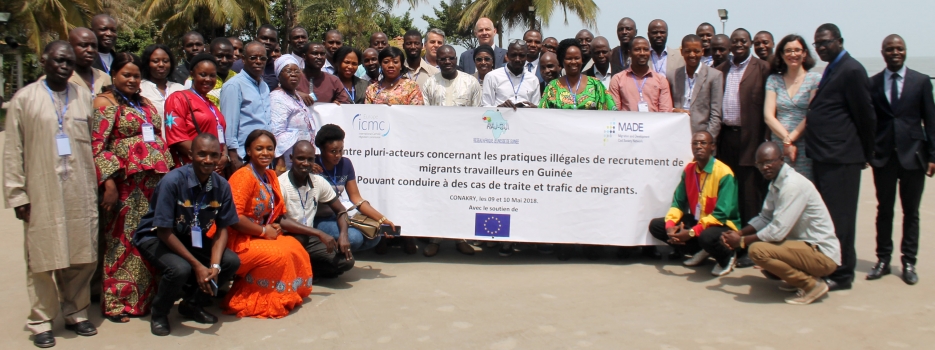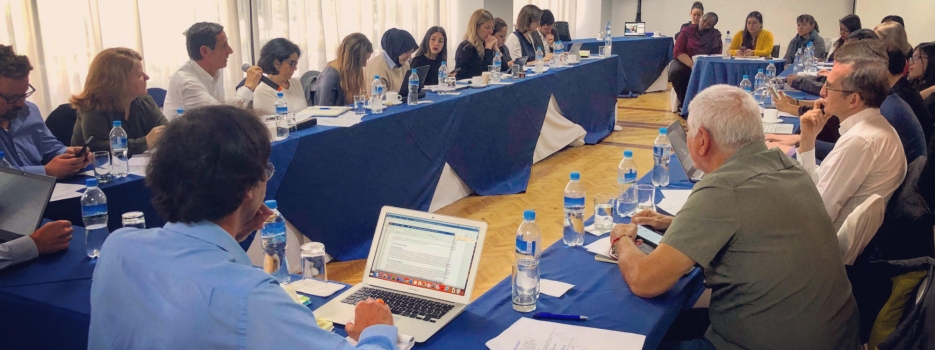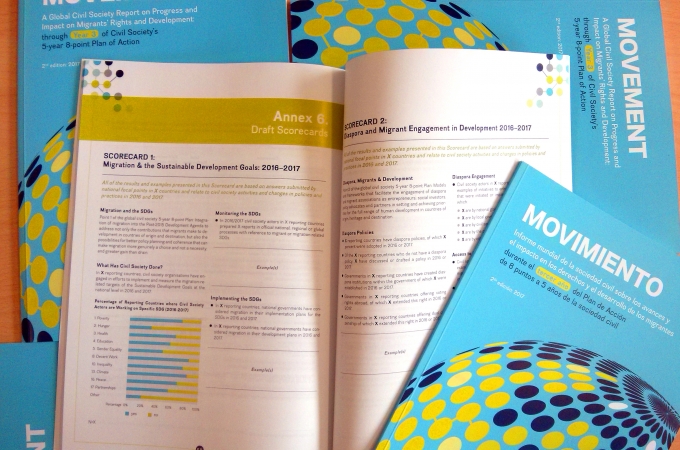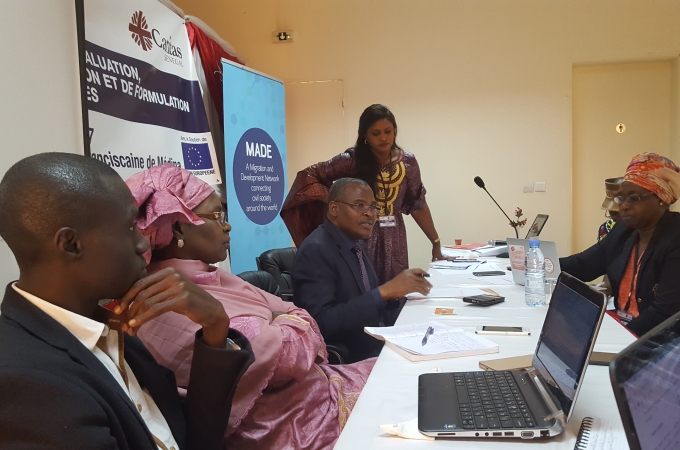New Movement Report and Scorecards
14 April 2017
In 2016, the MADE civil society network published the first edition of the Movement Report, providing an assessment of progress on civil society’s 5-year 8-point Plan of Action in its first two years, i.e. from the 2013 UN High Level Dialogue through September 2015. Building on the input of civil society actors, MADE has now published a second edition of the Movement Report, providing a commentary on further progress through the Plan’s third year, from October 2015 through December 2016.





 Diaspora and migrants in development
Diaspora and migrants in development

